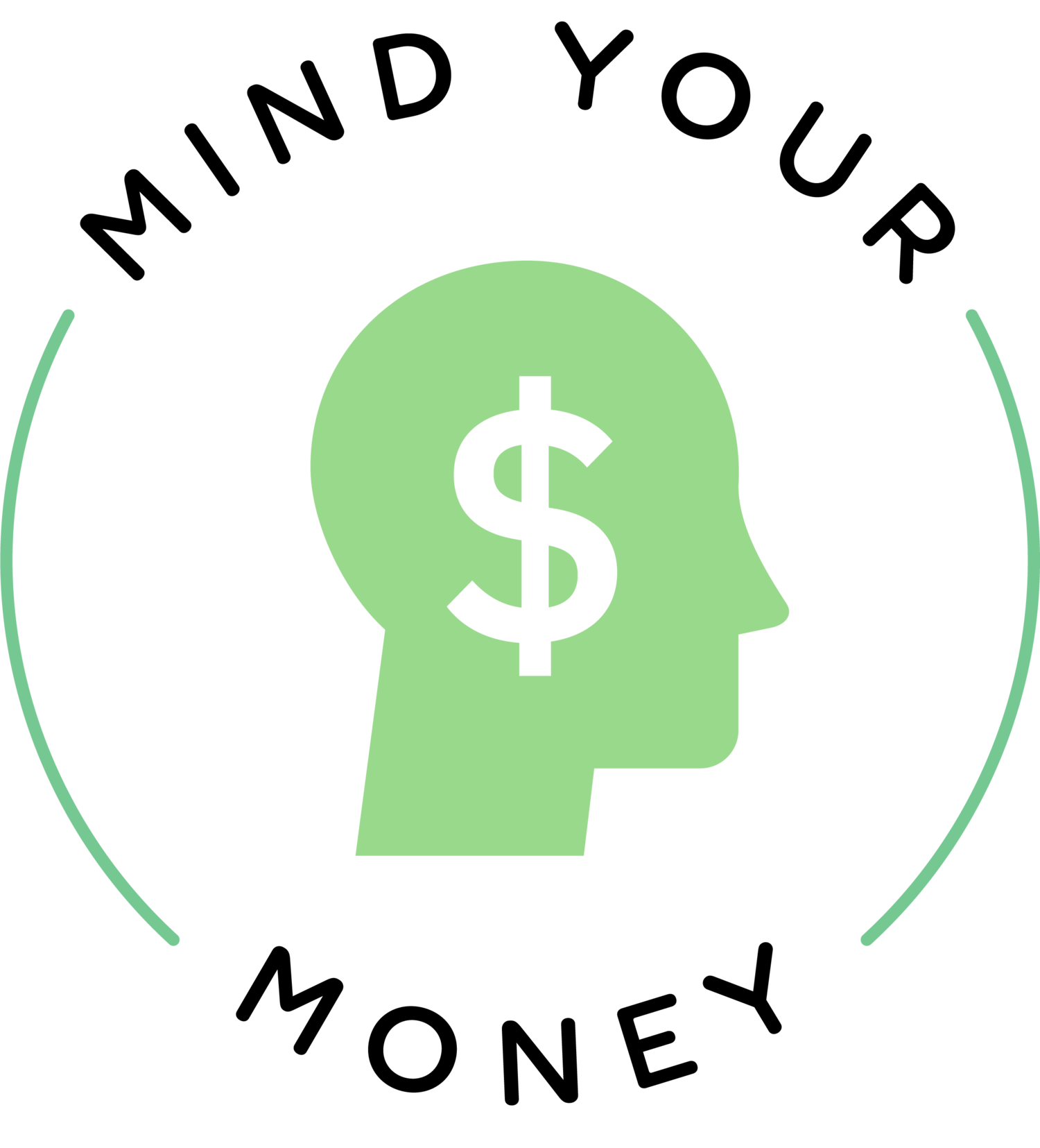No Free Lunch - Opportunity Cost
There’s no such thing as a free lunch, or at least that’s what an economist might tell you. Opportunity cost is a fundamental concept in economics, and it refers to the benefit or profit that a person forfeits when they make a choice between alternatives. The reason we have opportunity cost is because of the principle of scarcity, the idea that every resource is finite while wants are infinite. Since resources can be used towards other things, making any decision requires forfeiting the benefit or profit you might have gotten from making a different choice.
Even when you make the “best” or profit-maximizing decision, you still forego the benefit from the 2nd best option. This concept might sound limited to profit-based scenarios like investment, but it really has practical applications in everyday life. To put this concept into context, let’s think about an example.
What is your opportunity cost if you spend $50 on a pair of new shoes?
Turns out, that depends on whatever you consider to be your second best option for spending $50! Opportunity cost is present no matter what decision you make. In this case, maybe you could have bought new books or a jacket with that money.
Opportunity cost would also suggest that investing is a smart use of your money. The time value of money, or the idea that a dollar today is worth more than a dollar a year from now, is key here. Money invested today can grow over time through compounding on your returns. When you delay in making an investment decision, you miss profit that you could have gotten through compound interest.
So why should you care about opportunity cost? Opportunity cost can significantly impact your financial well-being. By considering different choices, you can make decisions that maximize your personal benefit and align with your goals by weighing the opportunity cost of different options. Whether it’s about money, time, or another resource, you can use the principle of opportunity cost to make good decisions.
We hope this helps! Drop questions below
